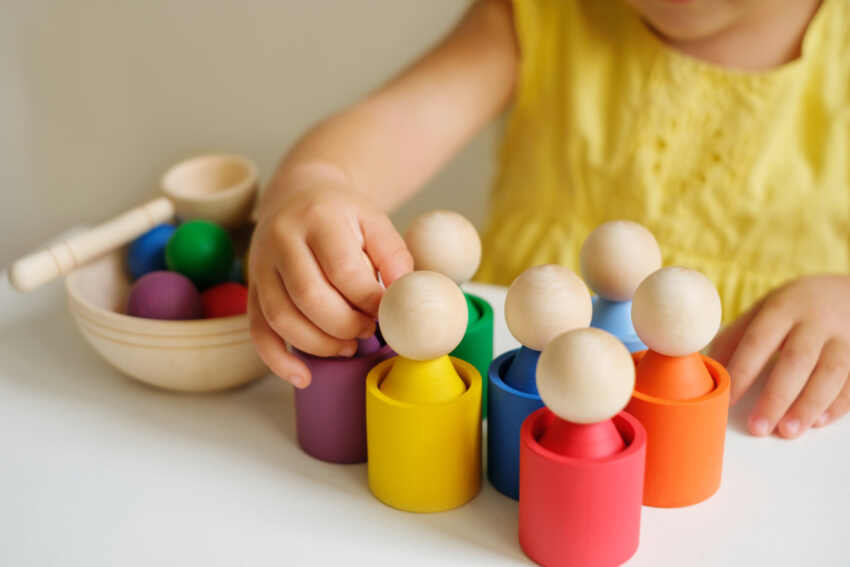Beyond the Classroom: International Montessori Activities That Extend Learning at Home
Montessori education is known for its focus on independence, freedom within limits, and hands-on learning. While the classroom environment provides an ideal setting for these principles, there are many ways to continue the Montessori experience at home. By offering purposeful activities that extend learning beyond the classroom, parents can further support their child’s educational journey.
The Importance of Practical Life Activities
Practical life activities are a cornerstone of the Montessori method, aiming to develop independence, concentration, and fine motor skills. These activities include tasks such as pouring, sweeping, and buttoning. At home, parents can create an environment that fosters practical life skills by involving their child in daily household chores. It is essential to provide child-sized tools and set up a dedicated space for these activities, allowing the child to develop a sense of responsibility and autonomy.
Exploring Nature and Sensory Experiences
Montessori education places great importance on connecting children with nature and providing sensory experiences. Parents can organize outdoor activities, such as nature walks or gardening, to encourage exploration and foster a connection with the natural world. Additionally, sensory activities like sand and water play, nature-inspired art projects, and using scented materials can promote sensory development and creativity.
Create a Prepared Environment
A Montessori classroom is carefully prepared to fulfill the child’s developmental needs. At home, parents can create a similar environment by organizing materials and toys on accessible shelves. Rotating toys on a regular basis helps maintain interest and avoids overwhelming the child with too many choices. Having a designated space for activities, with low shelves and child-sized furniture, provides a sense of order and structure, encouraging independent exploration and engagement.
Promoting Language and Literacy
Language and literacy skills are vital components of Montessori education. Parents can support their child’s language development by providing a rich language environment at home. Reading aloud to the child regularly, encouraging conversations, and providing opportunities for independent reading and writing are excellent ways to promote language skills. Additionally, labeling objects in the environment with words and introducing phonetic letter sounds can be incorporated into everyday activities.
Mathematics and Numeracy
The Montessori method emphasizes the importance of concrete materials in mathematics learning. At home, parents can incorporate mathematical concepts into everyday tasks. For example, measuring ingredients while cooking, sorting and classifying objects, and counting and comparing quantities during daily routines are simple yet effective ways to engage children in mathematical thinking. Including math-related games and puzzles can also make learning fun and engaging.
Encourage Independence and Decision-Making
One of the key goals of Montessori education is to foster independence in children. At home, parents can provide choices and invite their child to take on responsibility. Allowing the child to decide on tasks, setting up routines, and encouraging problem-solving skills are effective ways to promote independence and decision-making.
Montessori education goes beyond the classroom, and parents have a crucial role in extending the learning experience at home. By implementing practical life activities, exploring nature and sensory experiences, creating a prepared environment, promoting language and literacy, incorporating mathematics and numeracy, and encouraging independence and decision-making, parents can continue to support their child’s education and foster their overall development.
Nidhin
For More Details Call: +917510220582

